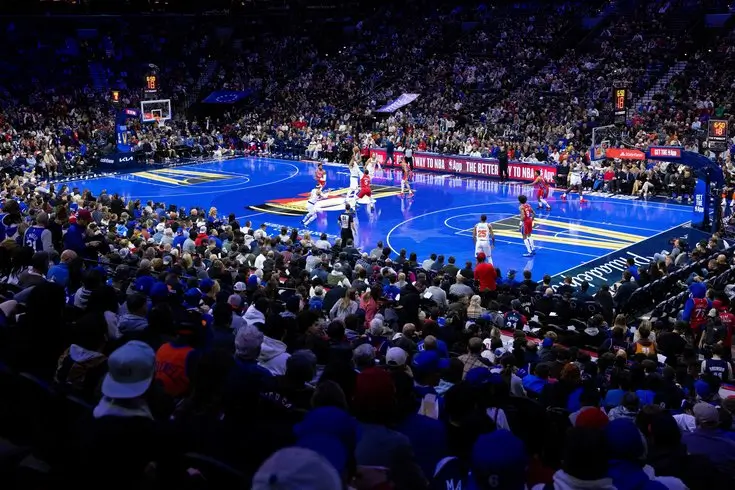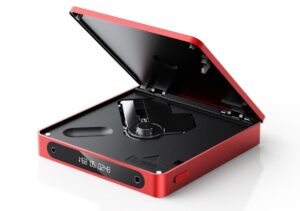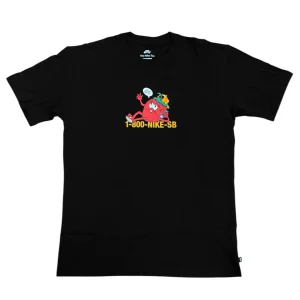In an industry known for buzzwords like synergy, streamlining, and compliance, the HR software space is suddenly making headlines for something else entirely: corporate espionage.
That’s the stunning accusation at the heart of a lawsuit filed by Rippling, a prominent workforce management platform, against its competitor, Deel. The complaint alleges that Deel conducted an extended campaign of covert surveillance, data theft, and strategic sabotage—all carried out by a planted mole.
The source of this revelation? None other than the mole himself.
Keith O’Brien, a former Rippling employee, has provided damning court testimony that alleges direct involvement from Deel’s top brass, including its CEO and co-founder, in what he describes as an orchestrated operation to spy on Rippling from within.
The Spy Who Logged Me: A Firsthand Confession
O’Brien’s detailed written testimony reads less like a corporate memo and more like the plot of a Silicon Valley thriller—one complete with codewords, fake Slack channels, and even a dramatic axe-wielding moment to destroy evidence.
According to O’Brien, he was personally recruited by Deel’s CEO in 2024, who even invoked “James Bond” during their conversation—an apparent attempt to frame the espionage as clever or covert, rather than illegal. What followed was a months-long campaign where O’Brien, still employed at Rippling, allegedly forwarded internal messages, sales data, and sensitive client information from platforms like Slack, Salesforce, and Google Drive to Deel executives.
For this cloak-and-dagger work, O’Brien says he received $6,000 a month from Deel. The payments continued as he smuggled out presentations, pricing models, and deal flow data, all while posing as a loyal employee inside Rippling.
The Sting That Ended the Spy Game
The unraveling of the operation began with a trap set by Rippling—a fake Slack channel designed to lure the leaker. When O’Brien was instructed by Deel’s CEO to access the dummy channel, Rippling’s internal security team sprang into action.
Facing legal consequences, O’Brien’s reaction was anything but subtle. According to court documents, he hid in an office bathroom to avoid confrontation with a court-appointed attorney who had arrived to confiscate his devices. Shortly afterward, he claims Deel’s legal team advised him to destroy his phone, which he did—using an axe.
In a last-ditch effort to protect him, Deel allegedly offered to relocate O’Brien and his family to Dubai, though he ultimately refused. Instead, he chose to cooperate with federal authorities, a decision that could reshape the legal fortunes of both Rippling and Deel.
The Lawsuit: What Rippling Alleges
Rippling’s lawsuit, filed last month, claims that Deel engaged in systematic, targeted espionage aimed at undermining Rippling’s competitive edge. The core accusation is not merely that one employee misbehaved—but that a competing company orchestrated the infiltration and theft of trade secrets.
Legal experts point out that if proven, this could constitute violations of federal trade secret laws, including the Defend Trade Secrets Act (DTSA) and multiple state-level statutes. Damages could reach into the tens of millions, depending on the scope of the stolen data and the harm to Rippling’s business relationships.
Furthermore, if criminal charges are brought forth based on O’Brien’s cooperation, Deel could be exposed to prosecutorial risk, not just civil liability.
Deel’s Position: Silence, So Far
At the time of this writing, Deel has not issued a public statement responding to O’Brien’s sworn testimony. However, the company has previously denied any wrongdoing in response to the initial lawsuit. Whether Deel will revise its stance or contest the veracity of O’Brien’s claims remains to be seen.
Legal analysts suggest Deel’s silence may be strategic, given the severity of the allegations and the likelihood of continued investigation.
“If Deel’s leadership was complicit in a deliberate corporate espionage scheme,” says one legal expert, “that elevates the issue far beyond standard business competition. We’re talking about felony exposure and irreparable brand damage.”
What This Means for the HR Tech Industry
While the allegations themselves are dramatic, they’re also a signal of just how cutthroat the competition has become in the HR software sector. Once dominated by legacy systems like ADP and SAP, the space has seen an explosion of innovation in recent years—driven by startups offering sleek, integrated tools for payroll, compliance, employee onboarding, and workforce automation.
Rippling has positioned itself as a leader in the new wave, offering a unified platform to manage everything from devices to benefits. Deel, on the other hand, has focused heavily on global hiring and contractor management, gaining traction with its remote-first solutions.
The stakes are high: analysts estimate the global HR software market will reach $35 billion by 2030, and both Rippling and Deel are battling for top-tier clients, enterprise deals, and investor dominance.
That competitive pressure may help explain, though not justify, the alleged espionage. If O’Brien’s testimony is accurate, it means the race to outmaneuver the competition may have gone far beyond product innovation—and entered ethically and legally dangerous territory.
From Tech Rivalry to Courtroom Drama
The story has captivated not just the tech press, but also the broader business world, thanks to its cinematic quality and real-world stakes. There’s something undeniably compelling about watching a startup rivalry escalate into a legal showdown, complete with bathroom hideouts, destroyed phones, and the echoes of “James Bond.”
But for Rippling, the impact is more than just narrative. If the company can prove that Deel gained unfair advantage through illicit access to proprietary data, it could result in monetary damages, court-mandated injunctions, and potentially a massive blow to Deel’s credibility.
And for Deel? The company’s future could hinge on how it navigates the days ahead. If leadership is found liable for orchestrating or greenlighting O’Brien’s actions, executive resignations, legal penalties, or worse could follow.
Impression
Whether this case results in a courtroom settlement or a full-blown trial, it’s already a cautionary tale for Silicon Valley. As software eats the world—and as the lines between workplace tools, data, and dollars blur—the stakes for intellectual property protection have never been higher.
It’s a reminder that behind every slick app and workplace integration, there are still human decisions being made. And sometimes, those decisions come down to trust—or betrayal.
No comments yet.








